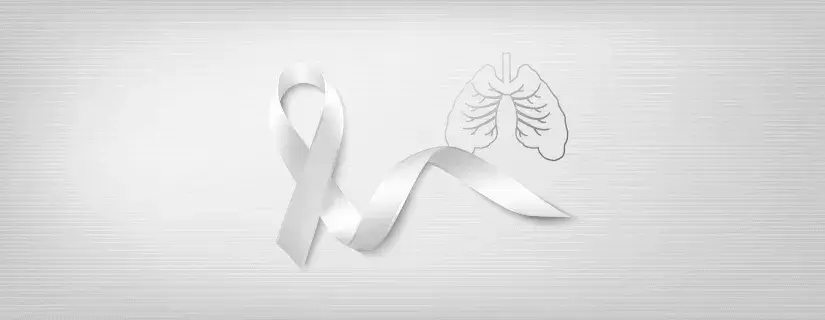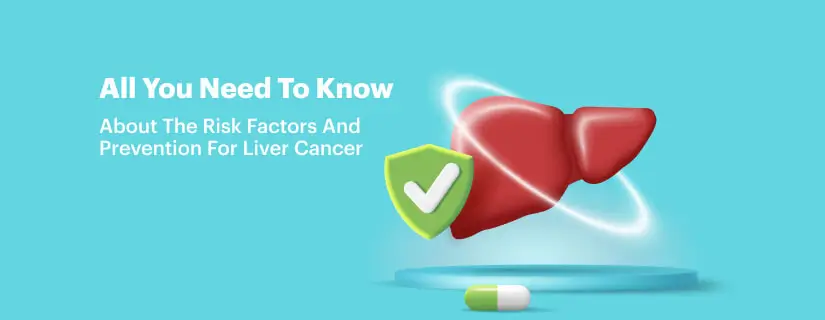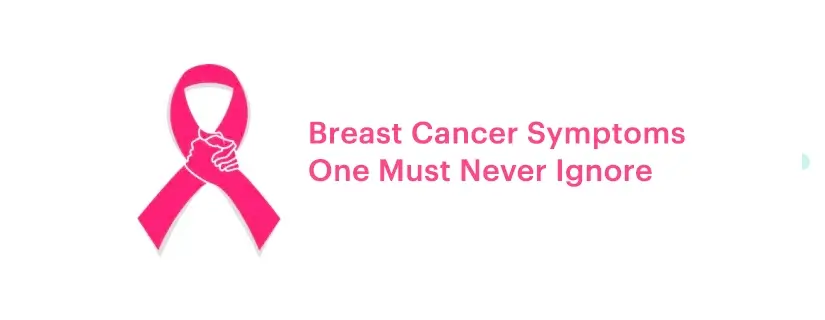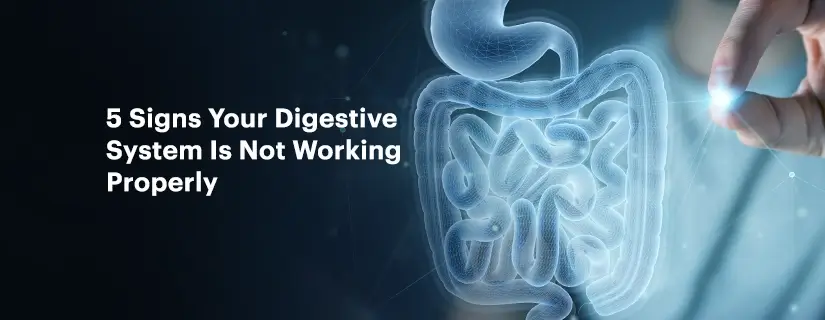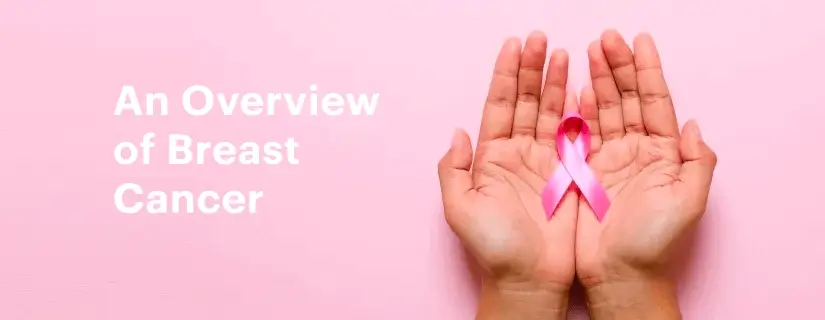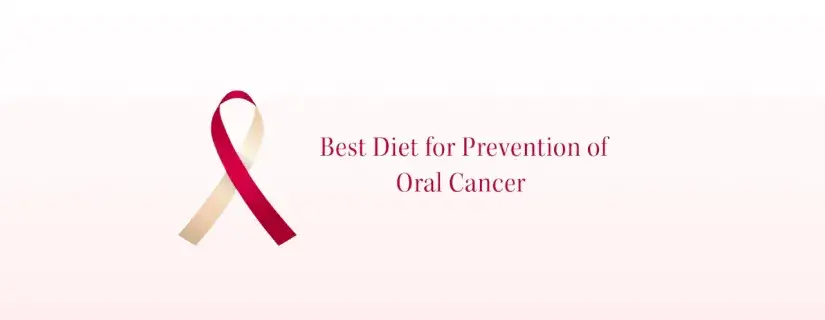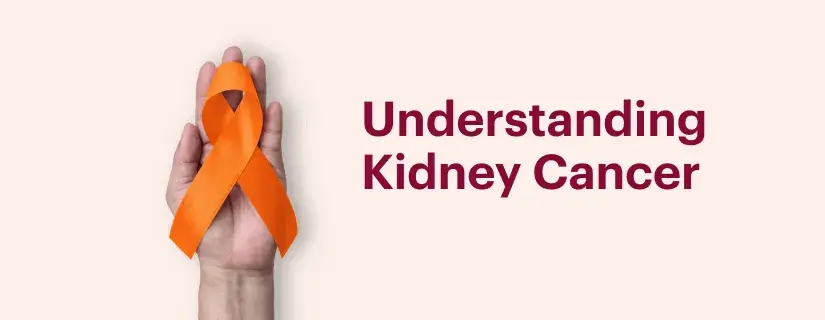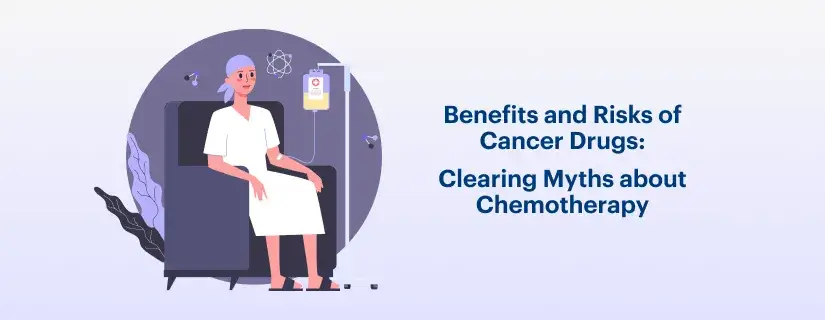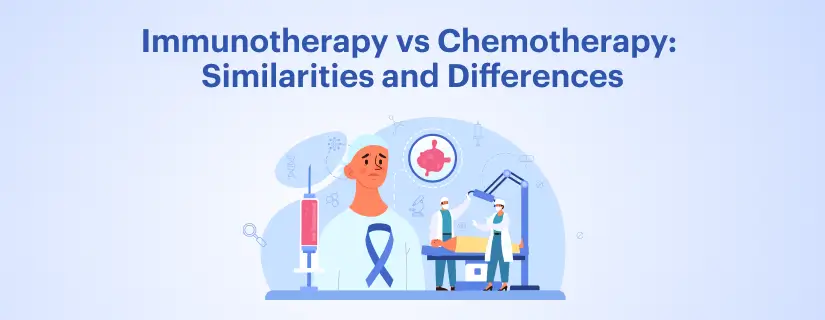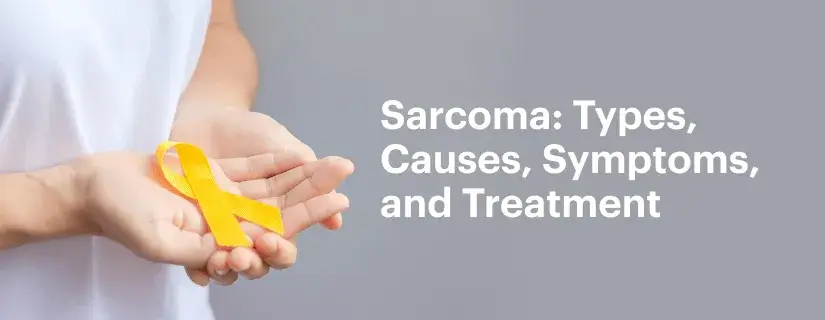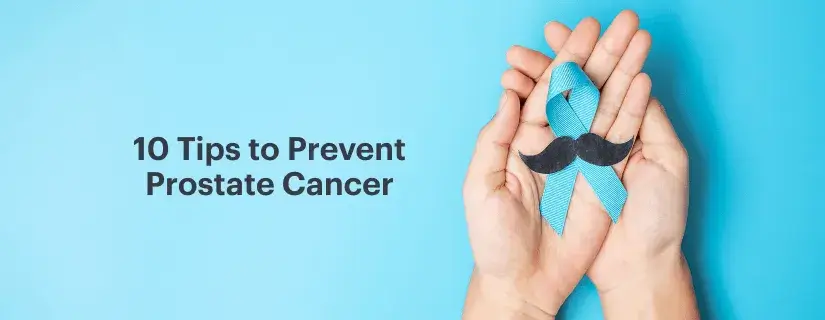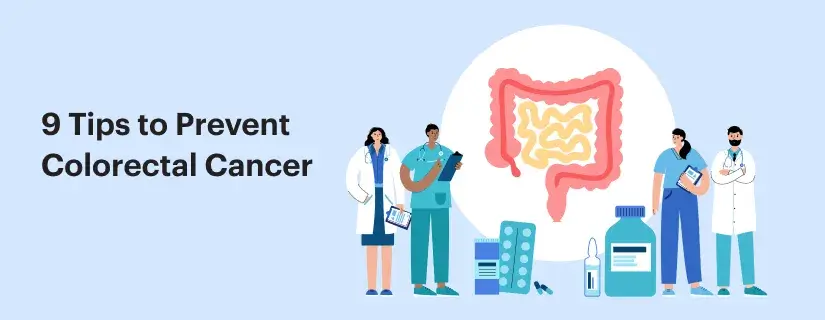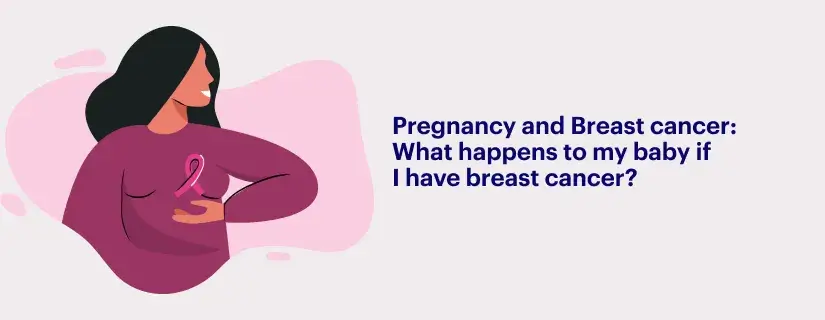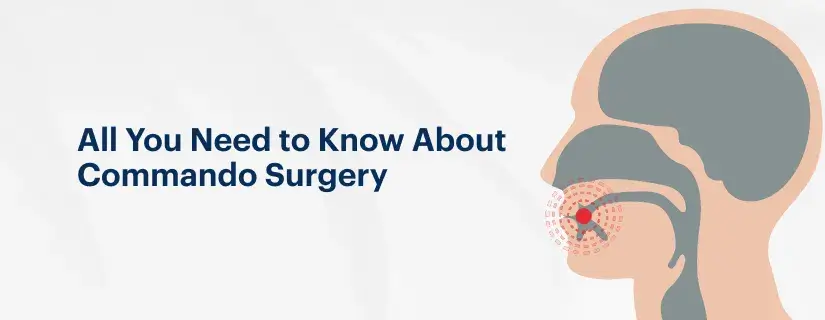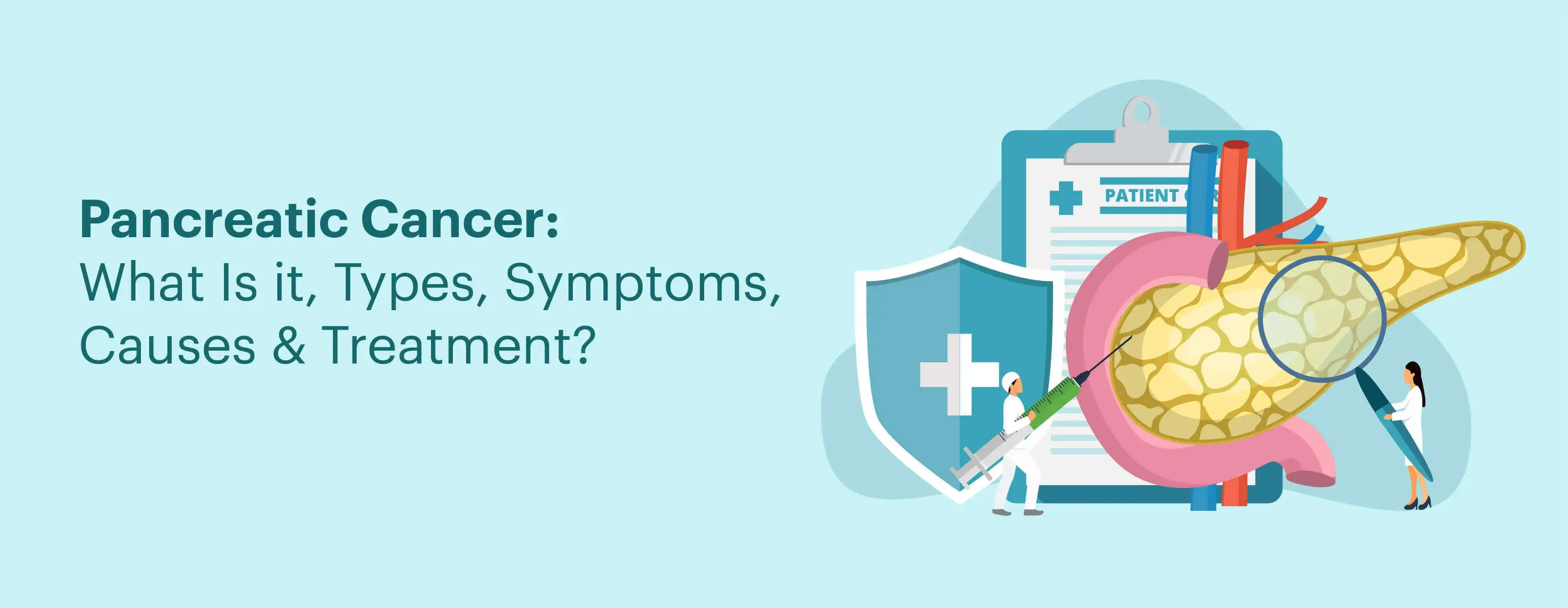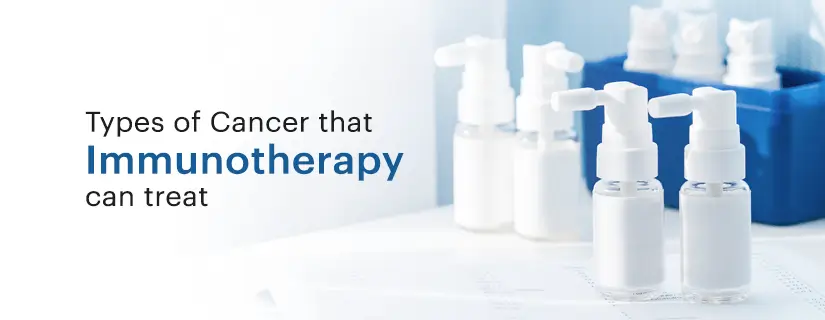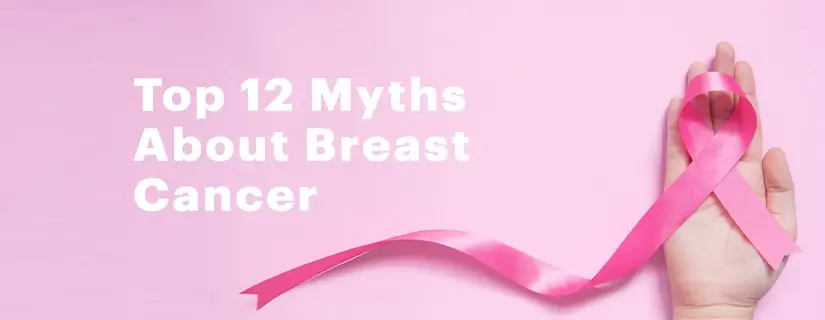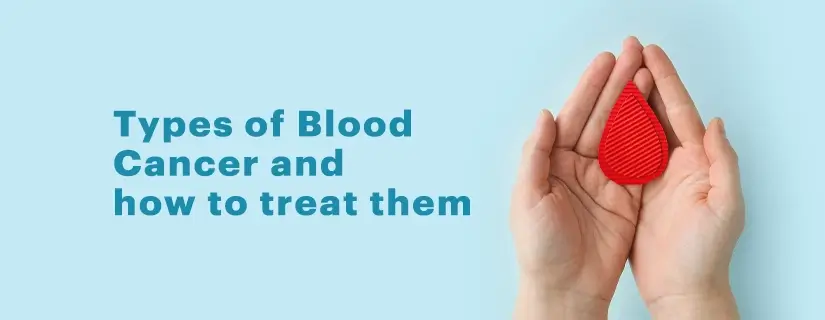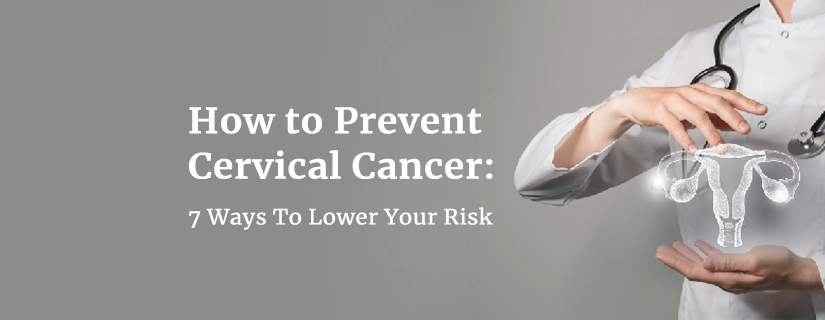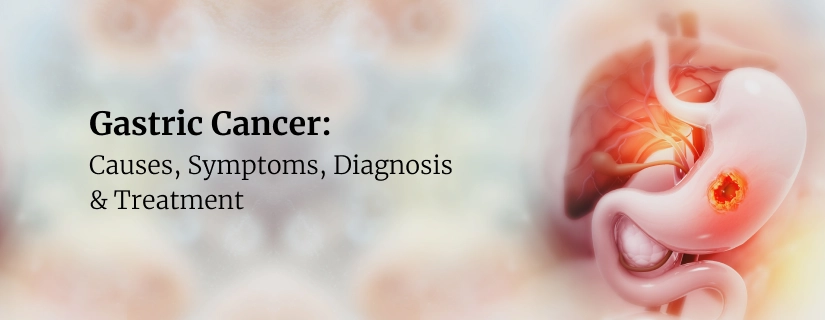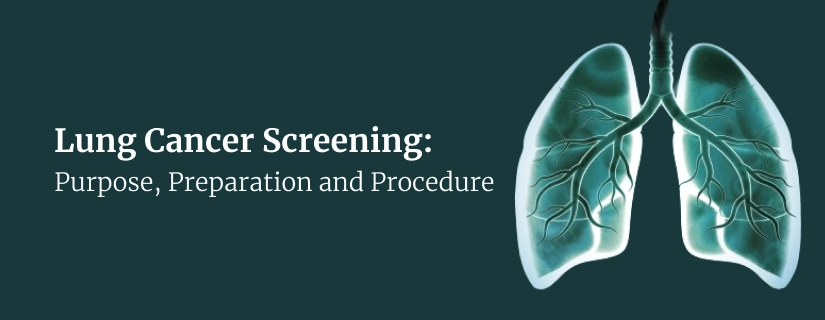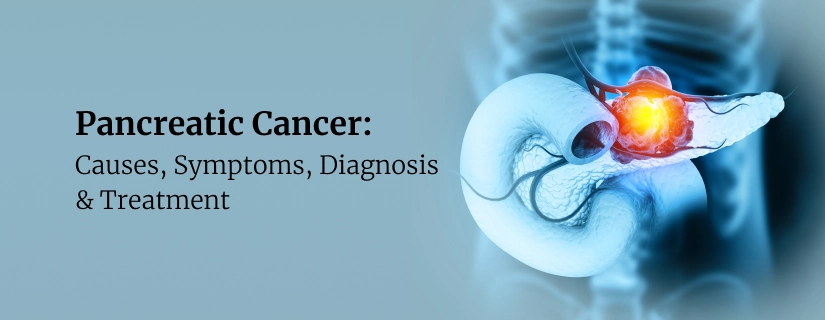-
Doctors
-
Specialities & Treatments
Centre of Excellence
Specialties
Treatments and Procedures
Hospitals & Directions HyderabadCARE Hospitals, Banjara Hills CARE Outpatient Centre, Banjara Hills CARE Hospitals, HITEC City CARE Hospitals, Nampally Gurunanak CARE Hospitals, Musheerabad CARE Hospitals Outpatient Centre, HITEC City CARE Hospitals, Malakpet
HyderabadCARE Hospitals, Banjara Hills CARE Outpatient Centre, Banjara Hills CARE Hospitals, HITEC City CARE Hospitals, Nampally Gurunanak CARE Hospitals, Musheerabad CARE Hospitals Outpatient Centre, HITEC City CARE Hospitals, Malakpet Raipur
Raipur
 Bhubaneswar
Bhubaneswar Visakhapatnam
Visakhapatnam
 Nagpur
Nagpur
 Indore
Indore
 Chh. Sambhajinagar
Chh. SambhajinagarClinics & Medical Centers
Book an AppointmentContact Us
Online Lab Reports
Book an Appointment
Consult Super-Specialist Doctors at CARE Hospitals
Breast Cancer Recovery: Do's and Don'ts During and After Treatment
Updated on 7 August 2023
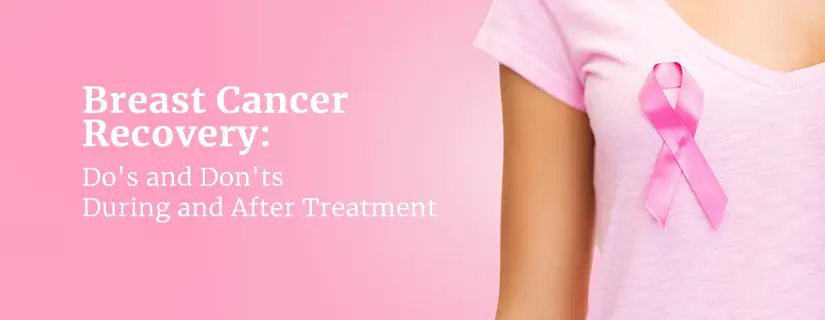
Breast cancer has been ranked number one cancer among Indian females with age adjusted rate as high as 25.8 per 100,000 women and 12.7 per 100,000 women deaths due to breast. It's essential for breast cancer patients to be proactive about their recovery and survivorship. Here are some additional do's and don'ts during and after breast cancer treatment:
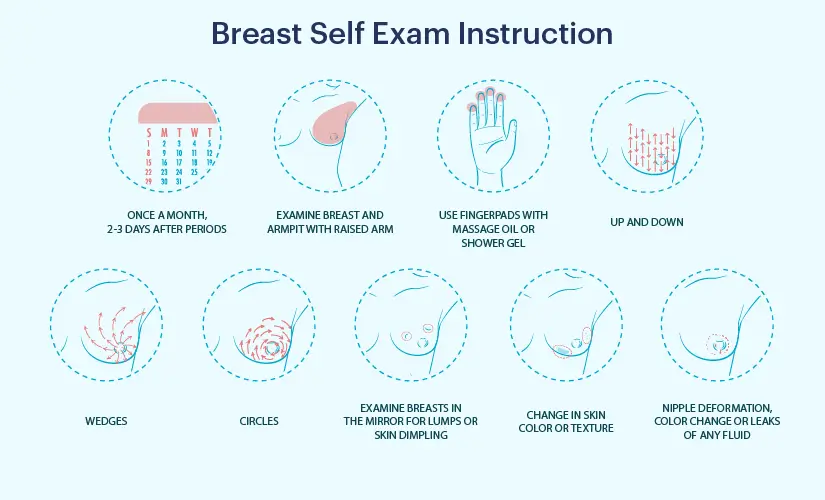
Do's during breast cancer treatment and recovery
- Follow your treatment plan: Stick to the prescribed schedule for chemotherapy, hormonal therapy, radiation therapy, or surgery, as recommended by your team of doctors.
- Communicate openly with your healthcare team: Inform your doctors and nurses about any side effects, symptoms, or concerns you experience during treatment. Effective communication helps your medical team provide appropriate support and adjustments to your treatment plan if needed.
- Adopt a healthy lifestyle: Eat a balanced diet, engage in regular physical activity (as approved by your doctor), and avoid smoking and excessive alcohol consumption to promote overall well-being and support your body's healing process.
- Seek emotional support: Coping with cancer can be emotionally challenging. Consider joining support groups or seeking counseling to help you navigate the emotional aspects of your journey.
- Get regular check-ups: Even after treatment is completed, attend follow-up appointments as scheduled by your doctors. Regular check-ups can help monitor your health and detect any potential recurrence or complications early.
- Practice self-examination: Continue performing breast self-examinations regularly, and report any new lumps, changes, or abnormalities to your doctor promptly.
- Stay informed: Educate yourself about breast cancer and survivorship, so you can actively participate in your ongoing care and make informed decisions.
Don'ts during breast cancer treatment and recovery
- Neglect self-care: Take care of your physical and emotional well-being throughout your treatment and recovery. Avoid neglecting self-care, as it can impact your overall health and recovery process.
- Ignore symptoms: Don't dismiss any new symptoms or changes in your body. Early detection and intervention are crucial in managing any potential complications or cancer recurrence.
- Skip follow-up appointments: Regular follow-up appointments are essential to monitor your health and detect any issues early. Skipping appointments may delay necessary medical intervention.
- Rely solely on self-treatment: While lifestyle changes can be beneficial, always consult your doctor before trying any alternative or complementary therapies. They can provide guidance on safe and effective approaches.
- Isolate yourself: Stay connected with family, friends, and support groups to avoid feelings of isolation and loneliness during your cancer journey.
Remember, each individual's experience with breast cancer treatment and breast cancer recovery is unique. Working closely with your healthcare team and following their guidance will help you navigate this journey effectively and improve your overall well-being.

ENQUIRY FORM
SELECT CATEGORIES
-
Neurosciences (16)
-
Neurology (37)
-
Neurosurgery (14)
-
Orthopaedics (48)
-
Oncology (33)
-
Obstetrics and gynecology (52)
-
Pulmonology (23)
-
Urology (20)
-
Nephrology (13)
-
Psychiatry (7)
-
Dietetics and Nutrition (111)
-
General Medicine (63)
-
Cardiac Sciences (32)
-
Vascular & Endovascular Surgery and Interventional Radiology (15)
-
Gastroenterology (46)
-
Endocrinology (23)
-
Plastic Surgery (10)
-
Critical Care Medicine (5)
-
COVID-19 (16)
-
Dermatology (16)
-
Emergency Care (1)
-
Ophthalmology (4)
-
Pediatrics (14)
-
Laparoscopic and Bariatric Surgery (8)
-
ENT (15)
-
Kidney Transplant (1)
-
Liver Transplantation and Hepatobiliary Surgery (5)
-
General Surgery (3)
-
Internal Medicine (5)
-
Medicine Information
How to Prevent Cancer: 7 Ways To Lower Your Risk
Can we prevent formation of Blood Clots?
YOU MAY ALSO LIKE
RECENT BLOGS
-

Preterm Birth (Premature Birth): Symptoms, Causes, Treatment and Prevention
13 May 2025
Read More
-

Rotablation Angioplasty: Benefits, Treatments, And Recovery Time
9 May 2025
Read More
-

What Is The Difference Between IUI and IVF?
9 May 2025
Read More
-

Venous Malformations: Causes, Symptoms, and Treatment
30 April 2025
Read More
-

Varicose Vein Foam Sclerotherapy: Treatment, Benefits, and Procedure
30 April 2025
Read More
-

Radiofrequency (RF) Ablation Treatment for Varicose Veins: Know More
30 April 2025
Read More
-

Varicose Vein Sclerotherapy: Treatment, Benefits, and Procedure
30 April 2025
Read More
-

Varicose Vein Endovenous Laser Ablation: Procedure, Benefits, Risks
30 April 2025
Read More
Have a Question?
If you cannot find answers to your queries, please fill out the enquiry form or call the number below. We will contact you shortly.




